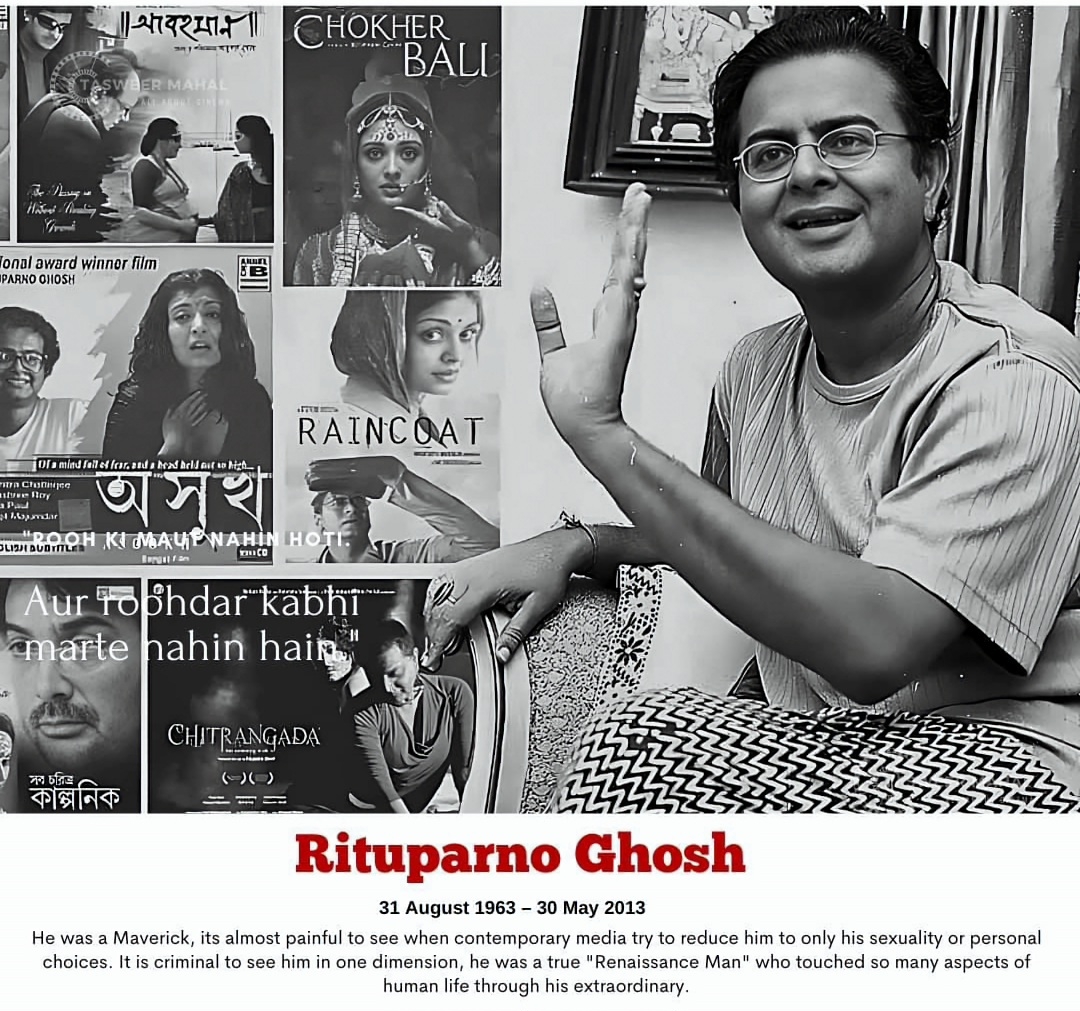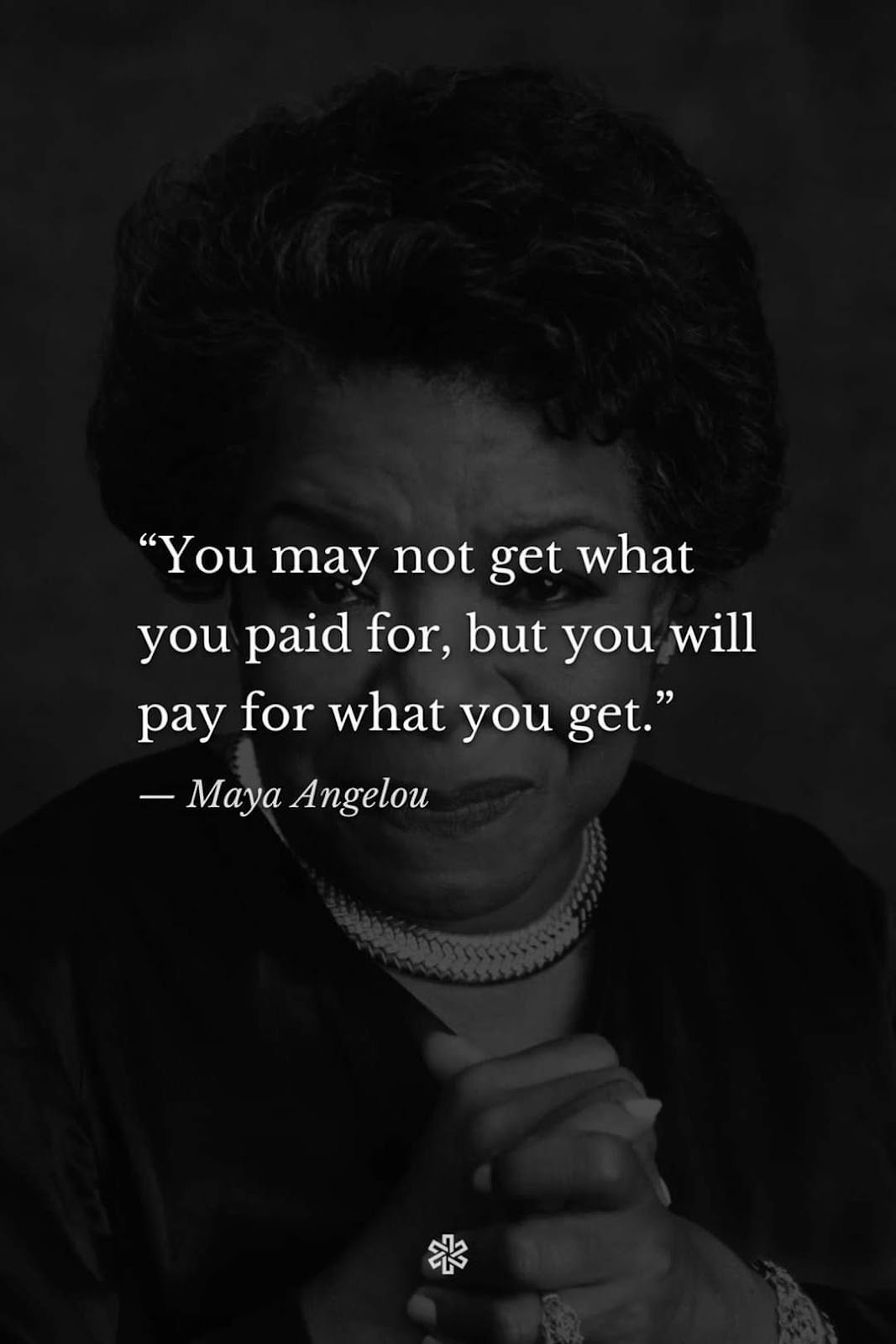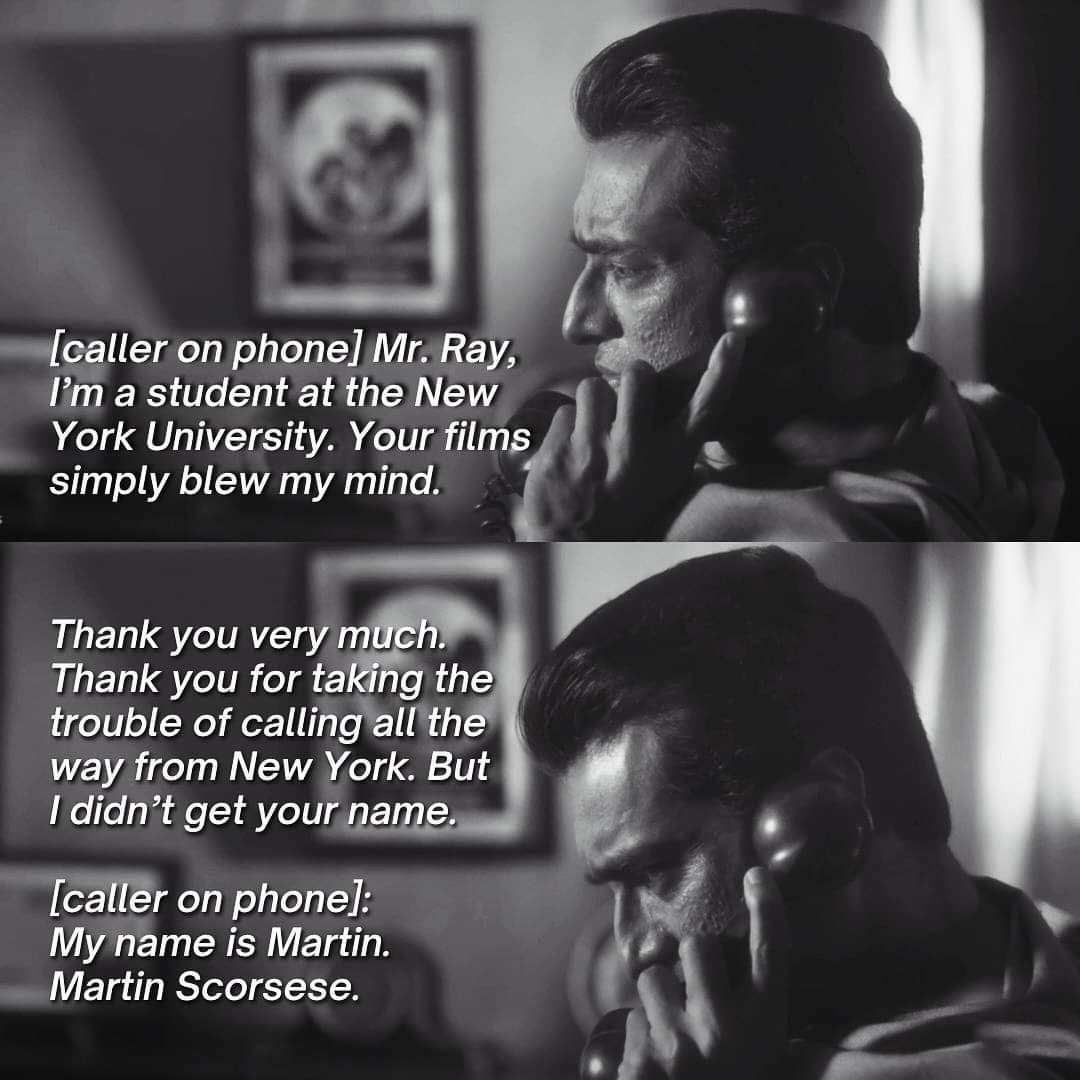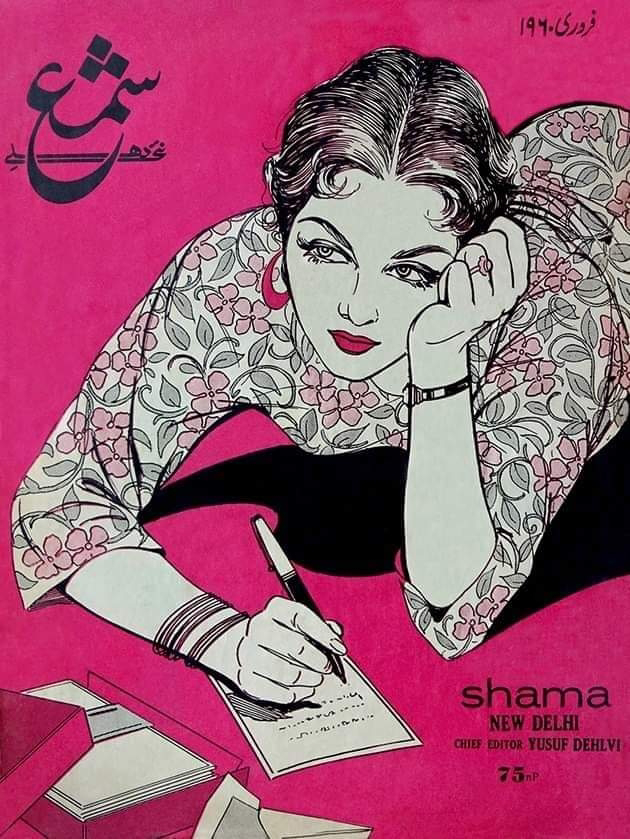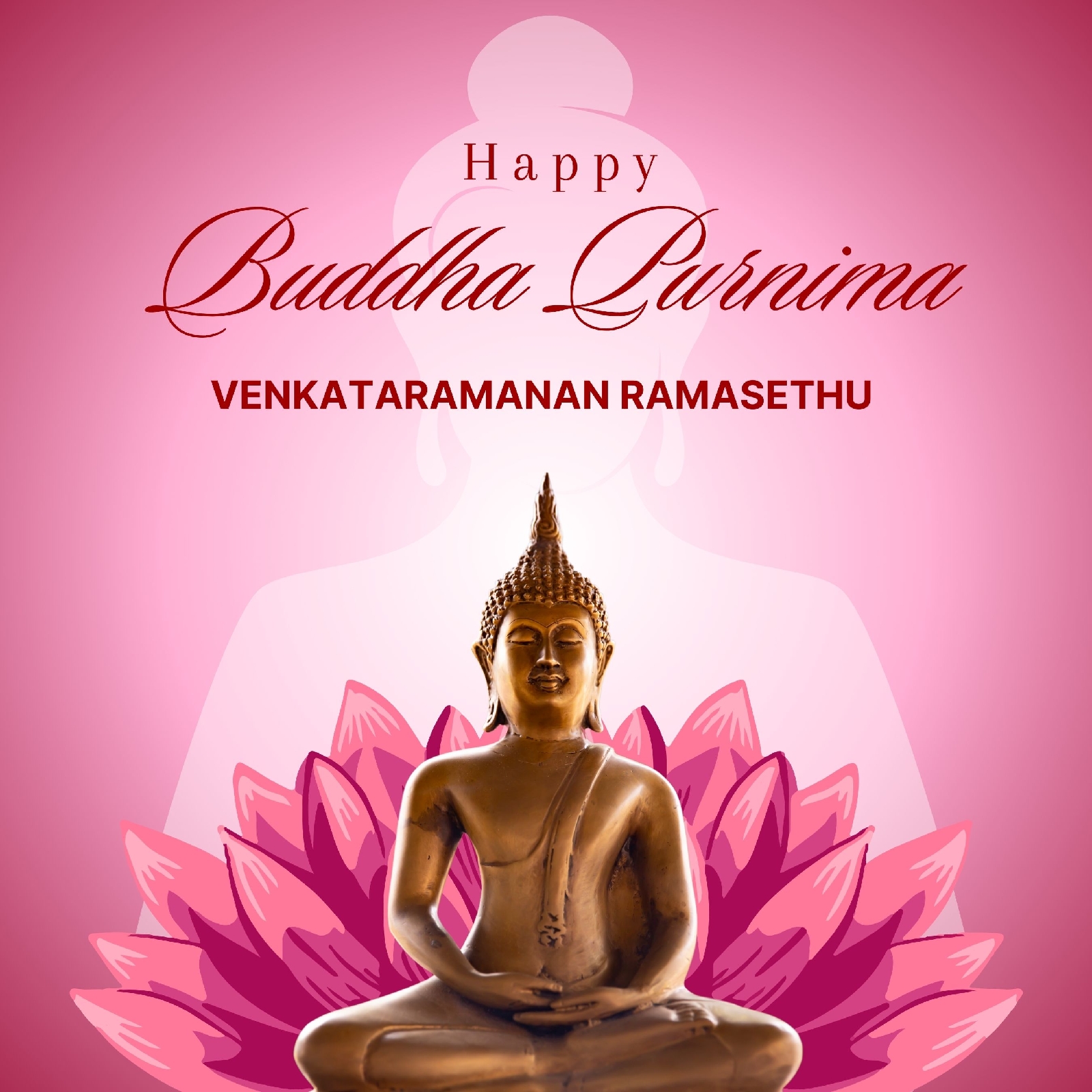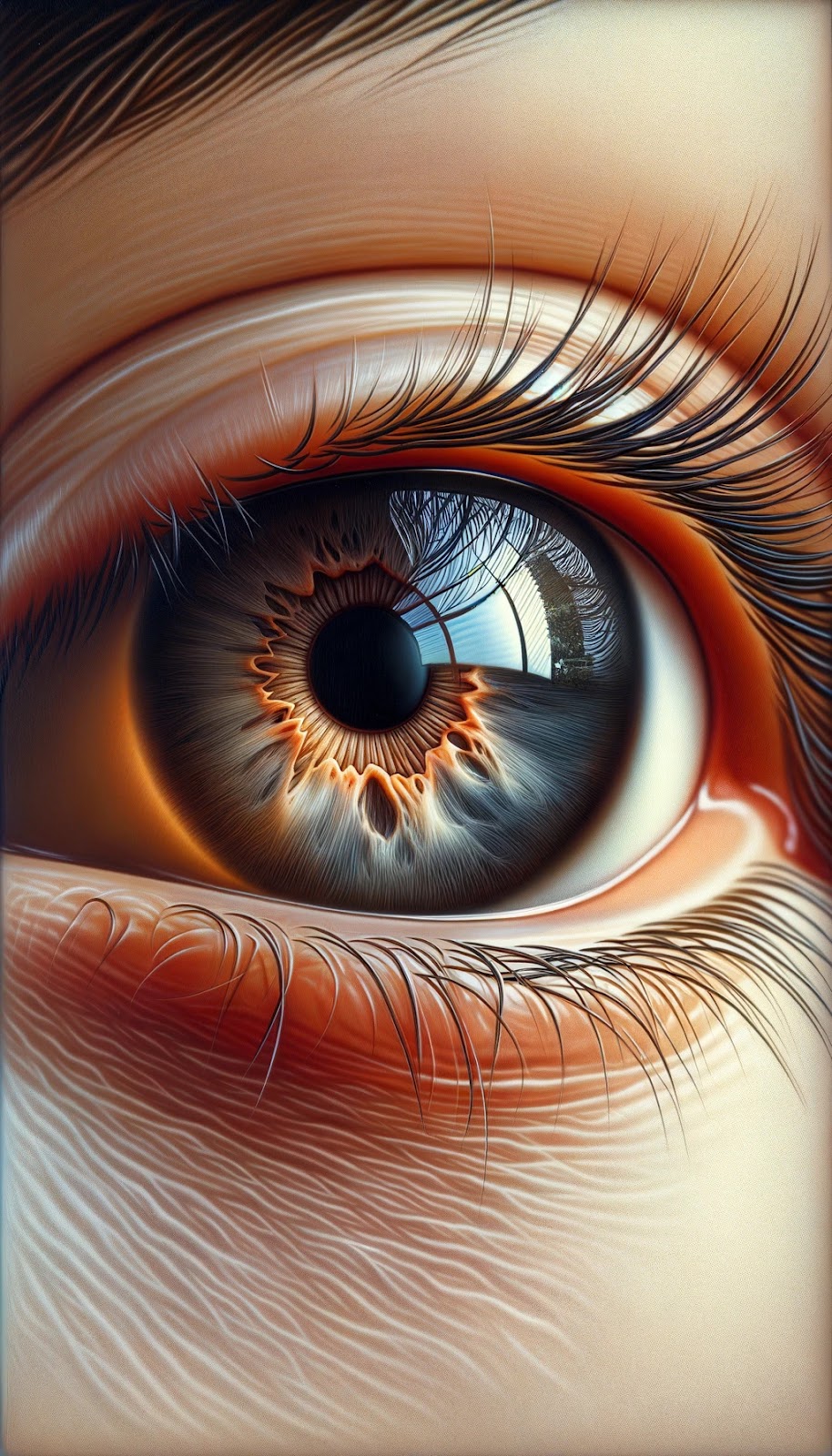Every day should be World No Tobacco Day. 🛑🚭

Every day should be World No Tobacco Day. 🛑🚭 The devastating impact of tobacco on our health cannot be overstated. This image starkly depicts how smoking can deteriorate our lungs, leading to severe and often irreversible damage. As a community, it's our responsibility to spread awareness and encourage healthier, tobacco-free lifestyles. Let's pledge to protect our health and the health of our loved ones by saying NO to tobacco. Share this message, and let's make every day a step towards a tobacco-free world. 💪❤️ #WorldNoTobaccoDay #QuitSmoking #HealthyLungs #TobaccoFree #NoMoreTobacco #SmokeFree #HealthAwareness #BreatheEasy #SayNoToTobacco #LungHealth #SpreadAwareness Venkataramanan Ramasethu
